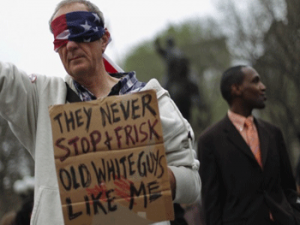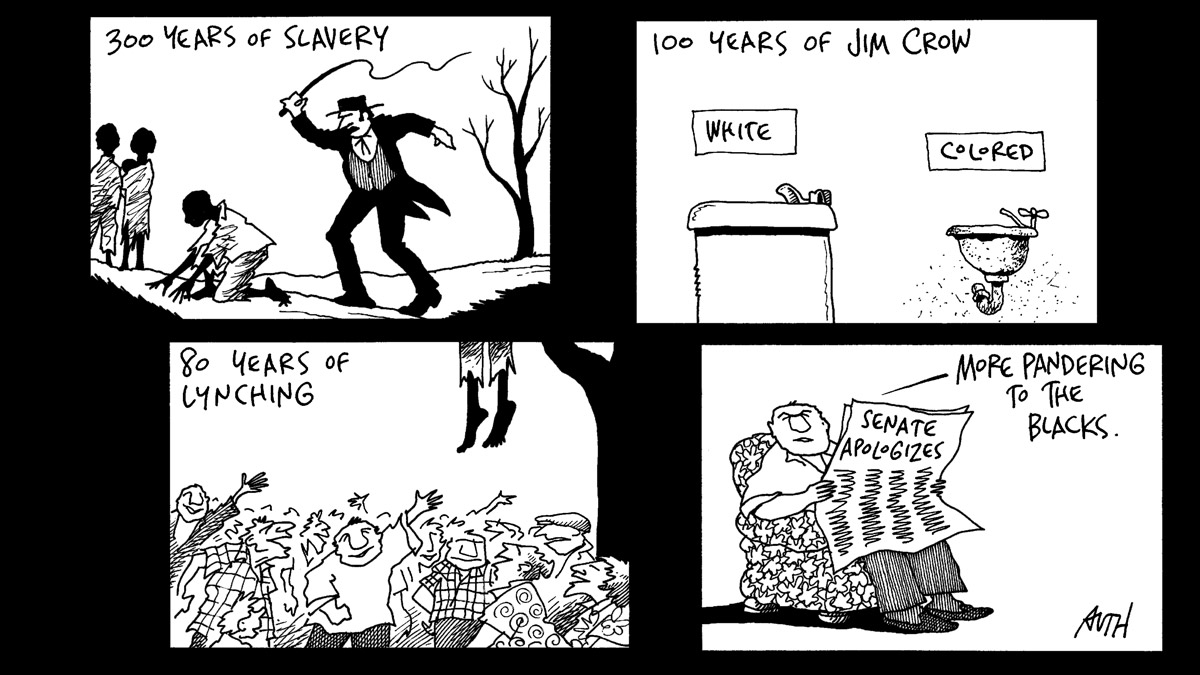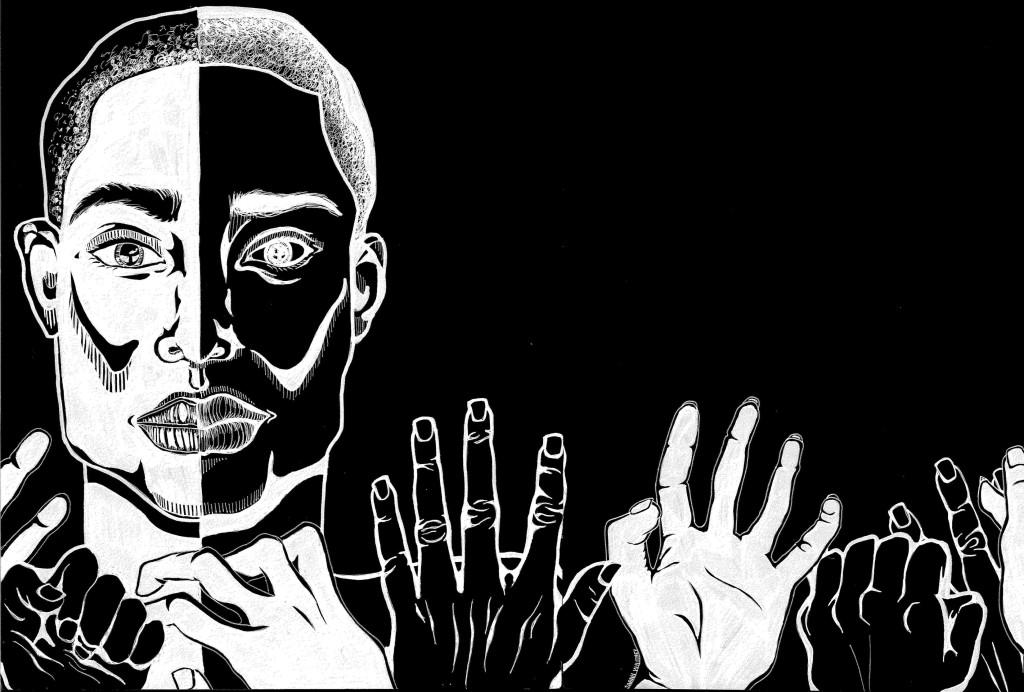a 2006 NPR podcast about race relations and law enforcement.
“The arrest of Harvard professor Henry Louis Gates, Jr., revived the ongoing discussion about tensions between police officers and non-white Americans. John Burris, a lawyer who represented Rodney King, joins Portland, Ore., Police Chief Rosie Sizer and Montgomery County, Md., Police Chief Clarence Edwards to discuss what happens when black and blue collide.”




